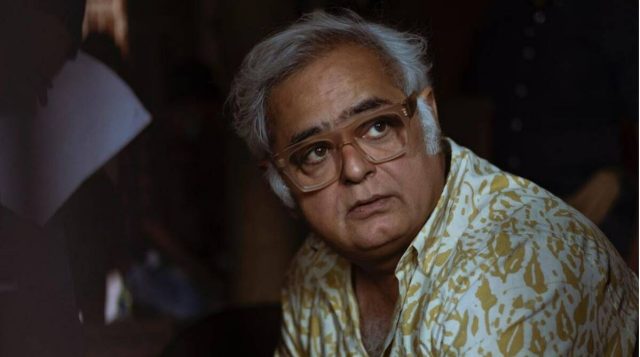Hansal Mehta dubs the current times as a transitory phase for Bollywood and says the industry will emerge out of it, as it is quite resilient.
Manufactured hate never triumphs genuine love, and Hansal Mehta knows it. The filmmaker, who has been working in the industry for three decades, feels Bollywood is currently going through a “transitory” phase where it is battling virtual hate but nothing that it can’t emerge stronger out of.
The Hindi film industry has been at the receiving end of relentless hate on social media, with films of major stars–from Aamir Khan, Ranbir Kapoor to Akshay Kumar– coming under the “boycott Bollywood” trend. The worry among industry insiders is that the anti-Bollywood wave will leap out of the screen and eventually dissuade filmmakers from telling the stories they want to.“It is disturbing to say the least,” Mehta comments on the anti-Bollywood sentiment “The kind of stuff that is written on social media, some of it even surreptitiously and otherwise, with the endorsement of some of our own colleagues. It is disturbing but I do also feel that a lot of it is also social media, very manufactured.”The filmmaker, who has remained vocal about the impact of the country’s politics on the Hindi film industry, says one cannot deny the audience that a good film will draw. As the year has been a witness, Brahmastra, which released amid heavy social media — and in one instance even on-ground — hate, still managed to rake in huge numbers, emerging as one of the biggest Bollywood hits of the year.
Mehta says the industry is not new to setbacks. It came under heavy scrutiny even in the late ’90s after music mogul Gulshan Kumar was shot dead, and later during early 2000s when film financer Bharat Shah was arrested in a case of alleged nexus with the underworld. It bounced back then, and the director is certain it will show resilience once again.
“What is happening in this diversion, this madness, our fear is getting the better of us in being able to tell our stories the way we want to, in making the films the way we want to. It is a transitory phase; we will emerge out of it. It is a resilient industry.
“What is important is to not lose focus of our main job: That is to tell stories, whatever the counter point. Whether your film is out and out propaganda, or it is completely counter to the propaganda that is being fed to us. I feel in the quest to serve a certain agenda, we have forgotten that we are actually making films for audiences,” he adds.Elaborating on his mention of the term “agenda”, Mehta says, “The social cultural agenda… I hear people saying that films that are deeply rooted in our social and cultural identity… By all means, we should make rooted films, we should make films which reflect us socially and culturally and make them fearlessly.”The filmmaker argues a rooted film can both laud and be critical of a society and its culture. “But at least we should make them well. We should make good films,” he says.









